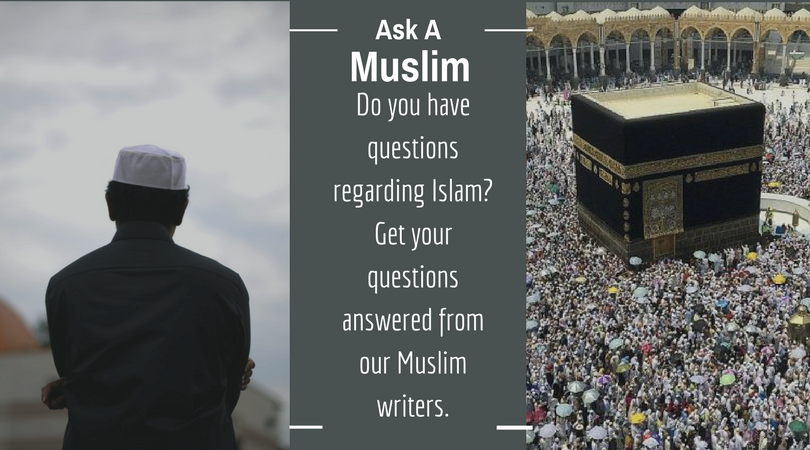Ask A Muslim: Where Can Women Pray in a Mosque?
What do you want to Ask a Muslim? Submit your questions online or fill out the form below.
In which country females are not allowed in masjid for Namaz?
In Islam, the Masjid (mosque) is not only considered a place for prayer or worship but also a place of spiritual growth, religious education and development. At the time of the Prophet Muhammad (Peace be upon him), women prayed in masjids with children. It has always been obligatory for men to offer prayers in masjids but there was leniency towards women. They had a choice to either pray in masjid or at home. It is considered as good as it is offered in the masjid. At that time the masjids were always bustling with men, women and children to participate in religious learning and developing activities. Nowadays this similar scene is found in the west within Muslim communities at their Islamic centers.
Hence for earlier generations it was not an issue, but later as Islam spread across the globe it adapted various regional customs and cultural practices. Along with these practices it also developed orthodox notions that prevented women participation in the masjids by morality teachers.
So when it comes to what countries do not allow females to pray in masjids it depends on that country’s religious, local and cultural customs and practices. As per Pew research there are total of 50 Muslim majority nations worldwide. All these Muslim countries have masjids in every corner. In addition to this, wherever Muslims migrate across the globe, they establish Islamic centers within their communities which serve as masjids for worship, daily prayers, religious education and developmental activities.
Growing up in Pakistan I have never visited a masjid for the purpose of offering a prayer as it was not the local custom and practice. It was only for men to attend. Part of the reason is the believe and practice by majority Sunni Muslims that its obligatory for men only thus women should pray within the four walls of their houses. This practice is widely accepted by women. There are a variety of reasons for this acceptance as women have responsibilities at home and outside so this eases the burden on them by being able to offer prayers at home. However, with the global expansion and spread of Muslims in many western countries where the need arises to keep the Muslim generations connected with their faith, women bring their children to Islamic centers and join in prayers. Designated spaces or small areas are dedicated in these Islamic centers for women and children.
During my own personal travel in some of the middle eastern countries, I witnessed almost all masjids in Kingdom of Saudi Arabia, United Arab Emirates, Jordan, Turkey and Bosnia and Herzegovina with designated places for women to pray in majority masjids. While traveling through major airports like Dubai, Abu-Dhabi or Doha one can also see designated areas for men and women to pray. As per my research beside these countries Morocco, Indonesia, Iran, Bangladesh also has designated places for women to pray in their majority masjids.
My own native country Pakistan is also reverting and started having designated areas for women to pray in masjids in its major cities. However, there are reports of some Muslim countries like Tajikistan and Uzbekistan that are reversing back to not allowing women to come for prayers at masjids. On the other hand in some countries even if areas are not designated for women, it is acceptable to pray for them behind men. So majority Muslim countries do have designated areas for women to pray. Those countries that do not allow or encourage are mainly affected by local customs, cultural practices and orthodox notions. In the end it also depends on women own preferences as its not obligatory for them to pray in masjid.
Disclaimer: ***I am not a religious scholar. I tried to answer this question with the best of my knowledge and understanding of Islam as a Muslim.
https://form.jotform.com/form/82560165384156






